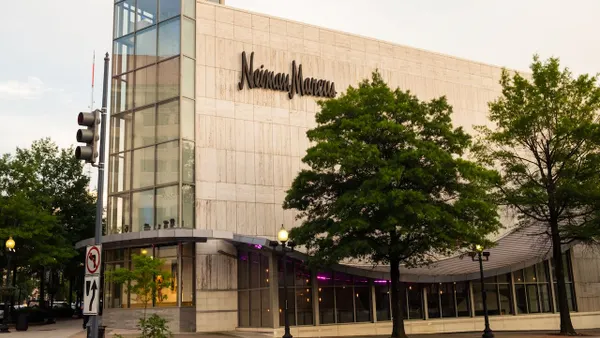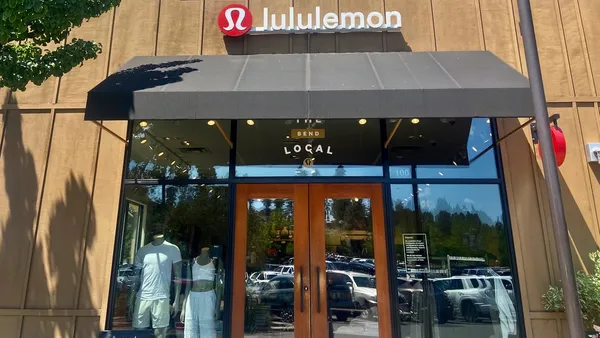Dive Brief:
-
Some 17 states and Puerto Rico are offering “tax holidays” this year, days close to the beginning of the school year when they waive state sales tax levies on certain categories. But many have scaled back their efforts, CNBC reports.
-
Massachusetts, which has sponsored such holidays on and off since 2004, is suspending the effort for the first time since 2009, while Florida is scaling back exemptions on clothing and school supplies from 10 days to three. Louisiana is reducing its tax rate from 5% to 3% rather than offering a full holiday, a first for any state, according to the report.
-
States scaling back their tax holidays cite budgetary concerns. It’s not clear whether added sales during the holidays make up for lost revenues to state coffers, according to the Sales Tax Institute.
Dive Insight:
Adding restraints to sales tax holidays isn’t new—many states have always limited the dollar amount or categories of tax-free purchases. Missouri, for example, uses the concept to try to drive sales of energy-efficient appliances, while others feature it as an opportunity to save during the back-to-school season.
But this year states are being more careful about their holidays, wary of how they can hit already lean budgets.
Florida’s tack, lowering the rate rather than eliminating it, if only temporarily, is a new one, according to Charles Maniace, director of tax research at tax software company Sovos Compliance.
"This is the first time that I can recall a sales tax holiday with a limitation on the rate," Maniace told CNBC.
Tax holidays don’t net shoppers all that much in savings, at least compared to typical retail sales, so savvy consumers may not be persuaded by these holidays alone. The savings on sales tax land somewhere between 5.5% and 9.8%. Even in Tennessee, where the highest sales tax is otherwise charged, that, of course, is not even 10% off. Savvy shoppers may be willing to wait to hit stores when they offer higher percent-off sales.
Yet anti-tax sentiment in the U.S. is high enough that many consumers flock to stores during such times, just to avoid paying money to the government.
"There's a certain satisfaction that shoppers get in not paying sales tax that can't be measured qualitatively," Maniace told CNBC.














